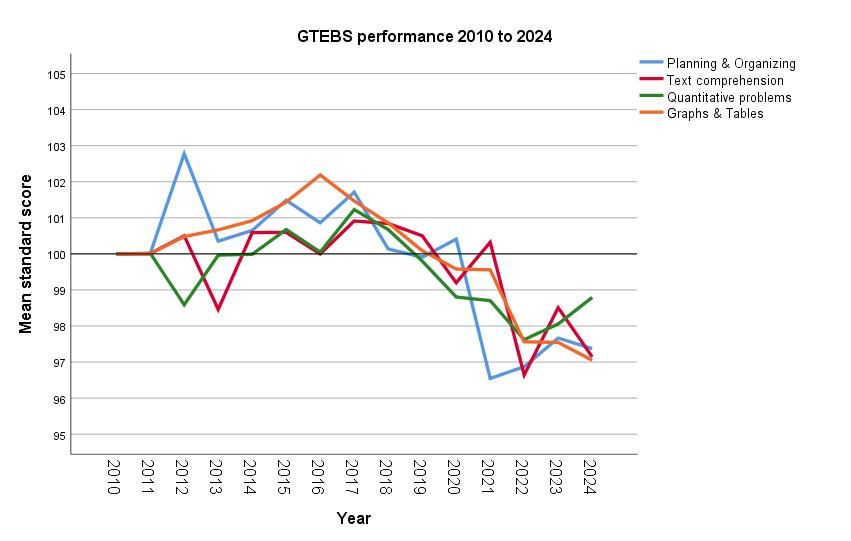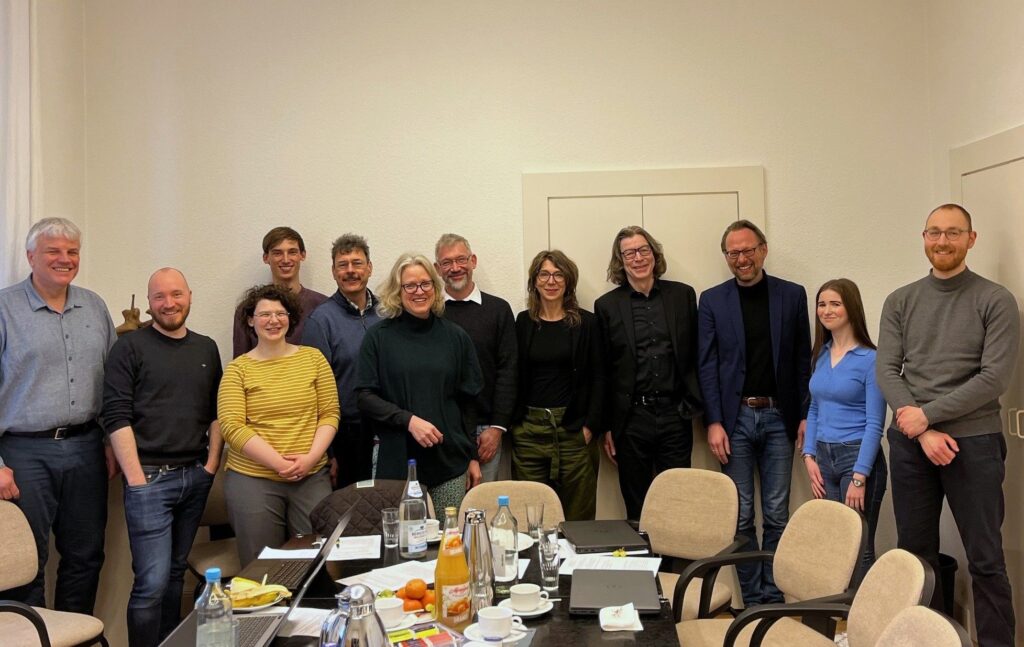Mastering Complexity in a Fast-Paced World: A Modern Approach to Talent Assessment

In today’s increasingly complex and fast-moving world, the ability to manage complexity, stay organized, and self-regulate has become a key factor for success—not only in the workplace but also in academic settings. This growing demand for cognitive agility is reshaping what we need to assess when selecting students, professionals, and future leaders. Why Complexity Management […]
5 Measures to reduce academic dropouts

Higher education is of immense importance for Germany as a centre of science and research. To ensure that universities can provide a large number of academically qualified specialists in the future despite limited resources (e.g. number of study places), it is all the more important to guarantee academic success. Unfortunately, however, it is not uncommon […]
How Many Admission Tests Can You Use Simultaneously?

Aptitude tests are a valuable tool for improving admissions in higher education. But is it effective to use more than one test—and if so, how many? We frequently discuss this with universities that implement our GTEBS test for master’s programs in business and economics. Interestingly, half of them also accept the GMAT. Pros & Cons […]
Is Student Cognitive Performance Declining? Insights from 14 Years of GTEBS Admission Test Data

Are today’s students less prepared for academic challenges than those a decade ago? We analysed data from 21,722 applicants for master’s programs who took the Graduate Test for Economics, Business, and Social Sciences (GTEBS) between 2011 and 2024—and found a notable trend: This raises important questions: Are we witnessing a decline in cognitive performance, and […]
Meeting with Our Scientific Advisory Board: Advancing Research in Admission Testing

Last Thursday, we had the pleasure of welcoming our Scientific Advisory Board to ITB for an insightful exchange on current research questions and methodological challenges. A big thank you to Professor Franzis Preckel (Trier), Professor Martin Kersting (Giessen), and Professor André Beauducel (Bonn) for their valuable contributions! Here are some key topics we explored: Socio-Economic […]
Unlocking the true value of Bachelor’s grades

Are all Bachelor’s grades created equal? Two studies, conducted in collaboration with the University of Duisburg-Essen and candidate select GmbH, shed light on the comparability of bachelor grades. The challenge: diverse universities, divergent standards Bachelor’s grades often carry limited significance due to variations in university requirements, grading practices, and performance levels. To address this, we […]
How should Higher Education admission procedures be designed to improve fairness and diversity?

Fairness and diversity are two essential pillars of higher education admissions. But how can we ensure these principles are reflected in practice? Fairness means selection decisions are based solely on potential, free from biases related to gender, ethnicity, economic background, family status, or any other variables unrelated to academic ability. Diversity, on the other hand, […]
Is Test Prep Undermining Equal Opportunities in Higher Education Admissions?

In the ongoing debate about fairness in admission procedures, high school grade point average (HSGPA) is often criticised. Wealthier families can afford to send their children to high-performing schools, provide extra support, build relationships with teachers, and invest in shadow education — all of which can result in higher HSGPAs, even when talent is equal. […]
Goals and Challenges in Higher Education Admissions

In an increasingly competitive higher education landscape, institutions face complex decisions regarding their admissions processes. A recent survey of experts from 14 countries (Austria, Brazil, Canada, France, Germany, India, Mexico, Netherlands, South Africa, Spain, Switzerland, UAE, UK, USA), including admissions professionals and faculty members, sheds light on the primary objectives and challenges in student selection. […]
Self-regulation as a future skill

The less work is controlled by external guidelines or other people and the more opportunities arise, the more important it is for individuals to manage themselves well. Self-regulation has therefore become a crucial core skill in the new world of education and work. The importance of self-regulation and self-directed learning for academic success was only […]